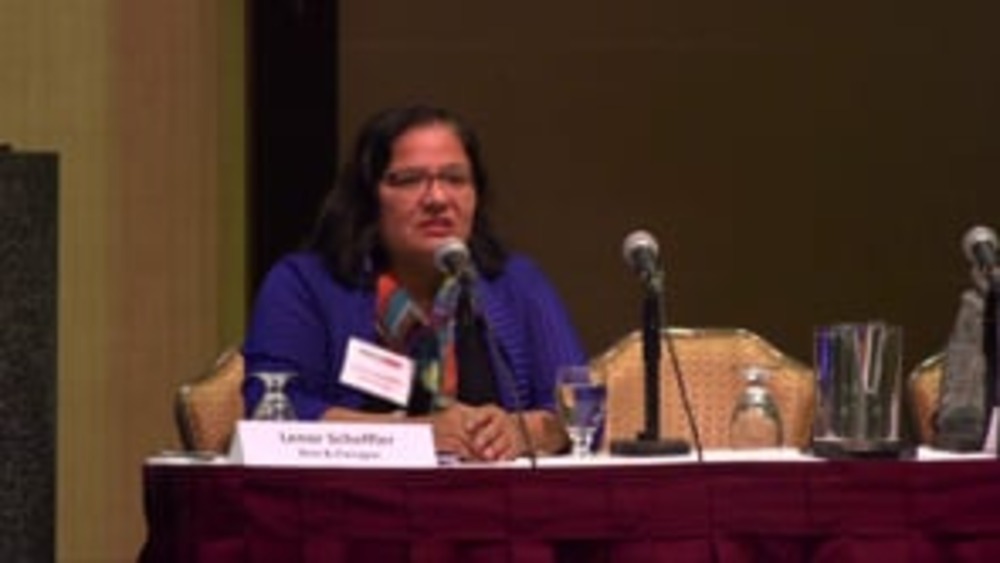Indigenous Governance Database
residency
Thumbnail

Lenor Scheffler: The Lower Sioux Indian Community's Approach to Citizenship
Lawyer Lenor Scheffler (Lower Sioux Indian Community) provides an overview of the Lower Sioux Indian Community's approach to defining citizenship, which is predicated on residency within the Lower Sioux reservation's boundaries. She also discusses how eligibility for tribal social services is tied…
